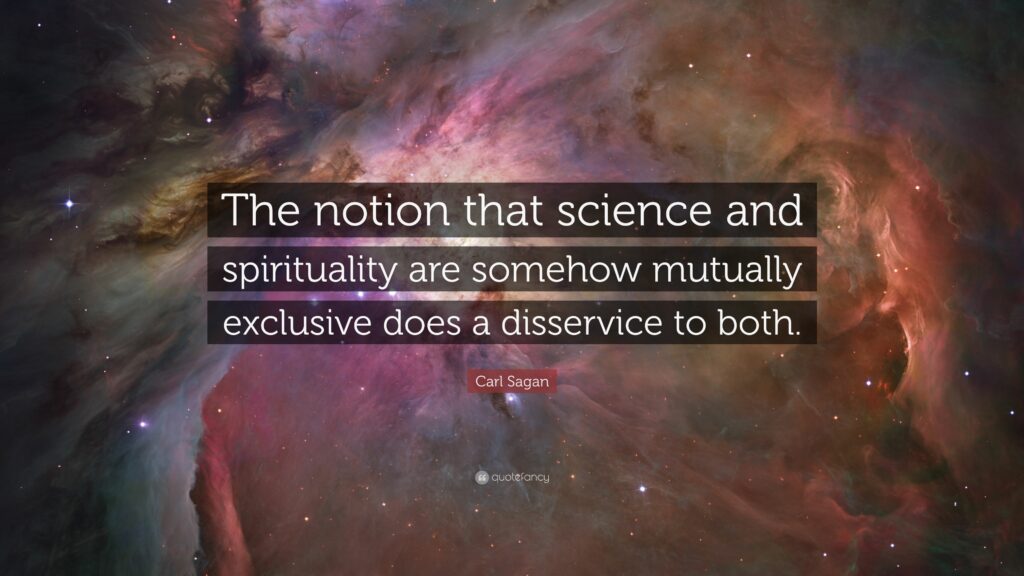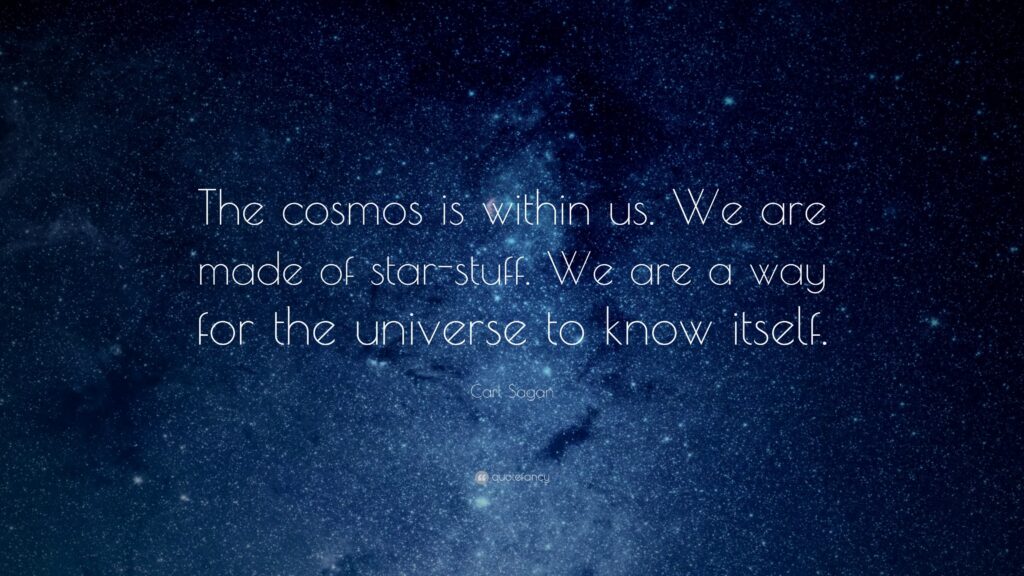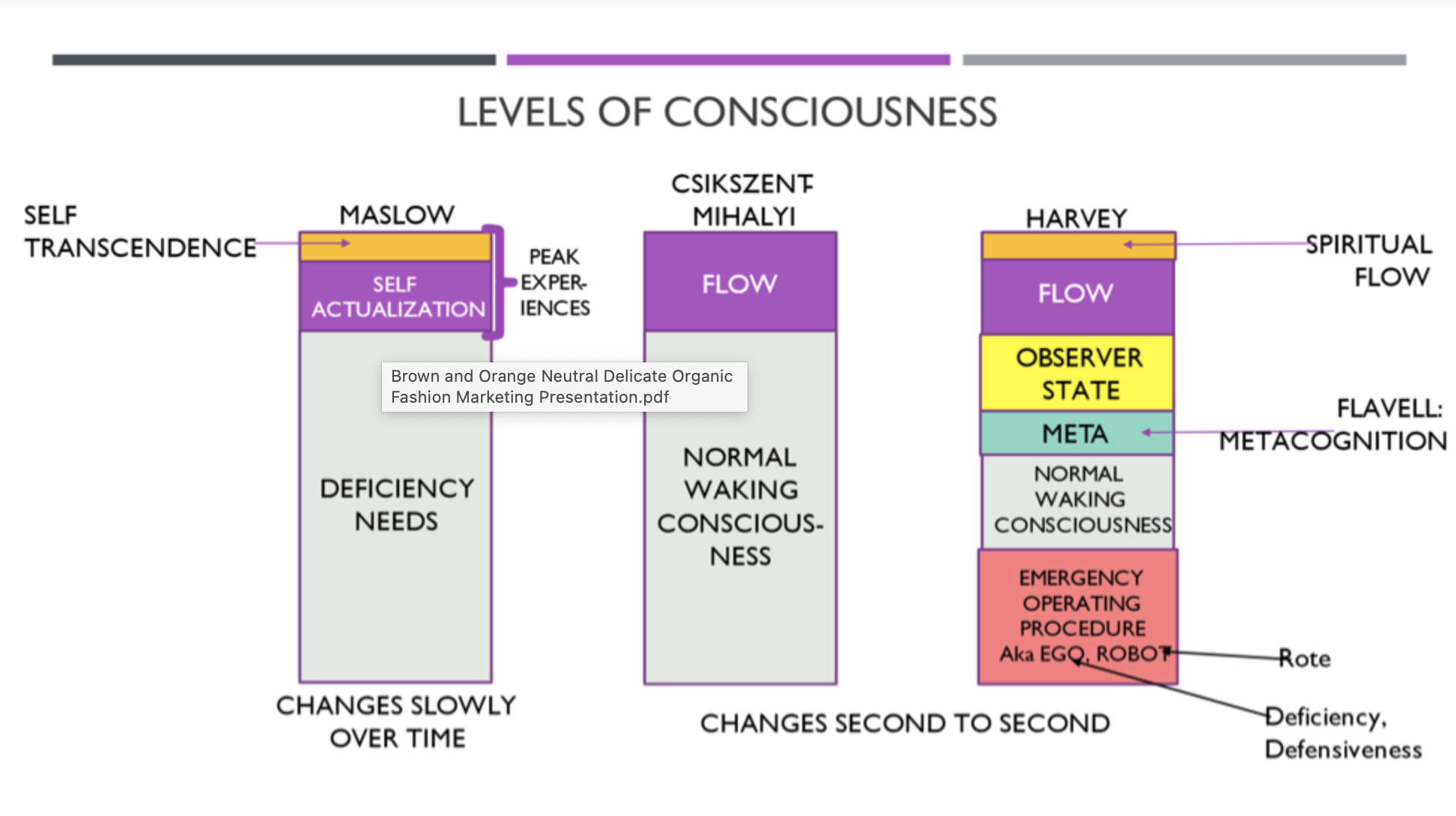May 31, 2024
Welcome to this week’s Bill Harvey Blog

God bless Jerry Zaltman. In my May 17th blog post, I reported that Harvard’s pioneer neuroscientist who introduced the field of subconscious measurement by his creation of the patented ZMET system, is joining with me in a project to introduce methods in schools for thinking more constructively, objectively, clearly, and creatively. In laying the groundwork for this project, Jerry is finding that others are already moving in the same direction, which is inspiring.
Today I received notice from Jerry of a new paper in the Journal of Education for Business – Mental health among college students: Relationships with Actively Open-Minded Thinking, Spirituality, and Psychological Wellbeing – by educators at two US state universities, Arkansas and Idaho, which proves that:
“Mental health, like many other physical diseases, can contribute to a significant loss of output in our economy. Higher education institutes can play a significant role in enhancing the mental wellbeing of college students. In support of this endeavor, this research investigates how actively open-minded thinking (AOT) and spirituality (SP) relate to psychological wellbeing (PWB). Data revealed that both AOT and SP have a positive impact on most dimensions of PWB and in some instances, SP acts as a moderator. Our study highlights the importance of SP in the PWB of college students.”
One might wonder how spirituality being taught in public and state schools jibes with the separation of church and state. This paper however addresses spirituality at its core essence as a feeling and as a concept of interconnectedness. The spiritual feeling an individual has is that person’s sense of being connected with others, and possibly even with the universe itself. The Founders who insisted on freedom of religion would probably not deny the teaching of this concept and the feelings that surround it.
In the paper, the authors compare spirituality in this meaning to holistic thinking, starting from the big picture of how a specific subject is connected with other subjects, before drilling down to a micro level within that subject of interest. In this they consciously align with what they call the Eastern philosophical approach, contrasting it with the Western approach of starting from the micro level and studying a subject and possibly never getting to seeing the connections between that subject and all other subjects.
Back in the 70s, someone came up with the idea of adding one more level to Piaget’s model of the evolution of human cognitive processes, Systems Stage, which would appear above Formal Operational Stage in the model. This is where holistic thinking comes in, seeing everything as part of a single interconnected whole.
Prior to that the term “Systems Thinking” was coined by Professor Jay Forrester in 1956 when he founded the Systems Dynamic Group at MIT’s Sloan School of Management.
The idea that we are all interconnected was reintroduced in a new way in the modern era by one of Piaget’s influencers, Carl Gustav Jung, who published the idea of the Collective Unconscious in 1916.
Today in the Standard Interpretation of Quantum Physics it is recognized that particles become entangled by association with one another and after that they are able to share information instantaneously regardless of the distance they are apart.
This lays the groundwork for physics to one day include the entanglements of consciousness as part of its quantum entanglement theory. John Wheeler has already established a framework for including consciousness in the quantum physics model, called the Participatory Anthropic Principle (1983), which Stephen Hawking referenced and tacitly endorsed in his final book.
This Principle explains that consciousness, which observes, transforms non-determined probability waves into concrete realities by its act of observation. In my book A Theory of Everything Including Consciousness and “God”, I carry Einstein’s, Wheeler’s, and Hawkings’ ideas further by speculating that a single consciousness is all that exists, and that one of the ways it operates is to “look out from” a multitude of apparent selves (all of us including everything in the universe), and that Wheeler’s Quantum Foam is the substance of that Original Consciousness.
Science consists of theory and experimentation. Experimentation is the way that theories are proven, altered, or disproven. One wonders what sorts of experiments could be run in order to study the relationship of consciousness to quantum physics.
Another brilliant neuroscientist and perhaps the first of the neurophysicists, Dr. Richard Silberstein, is the first to carry out experimentation into the possible quantum entanglement of consciousness.
Science Explores Telepathy from a New Angle
Robert A. Heinlein wrote many great books, one of which is called Time for The Stars. The story is about achieving interstellar travel but needing a way to stay in touch with Earth, a method that is not limited to the speed of light, because when traveling light years away, messages would take years to go back and forth, which is not conducive to providing learning to the people at home.
In the story, the solution found is that some identical twins are able to telepathically communicate with each other, and that these messages happen instantaneously regardless of distance.
My great friend and highly respected neuroscientist, Dr. Richard Silberstein, never read that Heinlein novel. But he got the same idea. He read scientific papers which led him to have the idea. Having invented and patented an improved brain measurement system (steady state tomography, SST) he applied that method (commercially available through the company that Richard founded, Neuro-Insight) to conduct an experiment with monozygotic (MZ, coming from a single egg, “identical”) human twins.
The experiment was written up in the respected neuroscience journal Frontiers in Neuroscience paper published about a month ago. There is now strong statistical evidence that information was transmitted mind to mind in a significant number of cases within the design.
If and when science was to announce that telepathy is real, that too could have a potentially positive impact on the moods and emotions of the masses.
It would say —
We can be more than we think we can be.
Here’s a ten-minute video piece on Connectedness: Sanity Is an Acquired Taste: Connectedness
My best to all,
![]()



